Rwanda Launches Lakes Master Plan to Guide Sustainable Use of Key Water Bodies
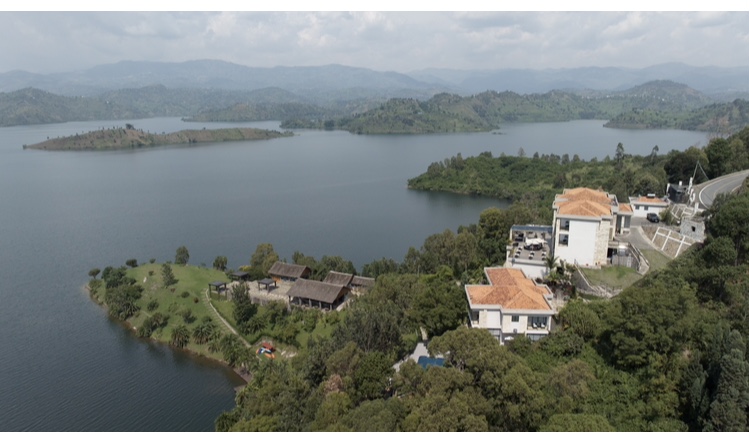
In a significant move toward sustainable water governance, the Government of Rwanda has unveiled a comprehensive Lakes Master Plan aimed at regulating the use of five major lakes—Kivu, Muhazi, Mugesera, Burera, and Ruhondo. Developed by the Rwanda Water Resources Board (RWB), the plan is the first of its kind in the country and sets a national precedent for balancing environmental protection with socio-economic development.
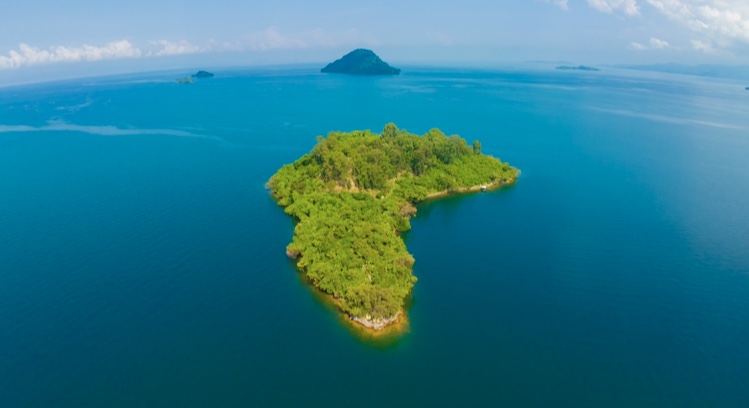
The Lakes Master Plan introduces a zoning framework that outlines permitted activities on each lake. Specific areas have been designated for water supply, irrigation, fisheries, aquaculture, tourism, navigation, recreation, and—exclusively for Lake Kivu—methane gas extraction. The zoning aims to prevent overlapping uses, reduce environmental degradation, and ensure equitable access to lake resources.
“Lake waters are used for various purposes by different stakeholders such as fishing, navigation, entertainment, and more,” said Richard Nyirishema, Executive Chairperson of RWB. “Without clear guidelines on how and where to carry out these activities, conflict is inevitable. This master plan addresses that gap.”

To ensure coordination with broader development goals, the zoning was carefully aligned with existing national land use frameworks.
“We ensured that the lake zoning matches existing land-use master plans,” explained Vital Munyandinda, head of the Water Use Permits Division at RWB. “You can’t have an area marked for tourism on the lake while the adjacent land is zoned for a different use—it creates conflict.”
Under the plan, all development activities in and around the lakes must adhere to a 50-meter buffer zone, a legal safeguard designed to protect aquatic ecosystems from pollution and encroachment. In addition, all individuals or entities wishing to undertake activities on these lakes must obtain a Water Use Permit from the RWB, ensuring compliance and preventing illegal or harmful practices.
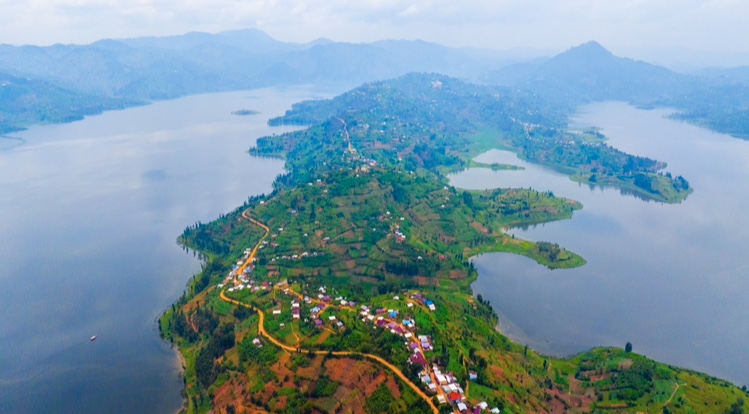
To promote transparency and facilitate public access, the full master plan—including interactive zoning maps—is available online at www.lakesmasterplan.rw. The digital platform is intended as a real-time guide for developers, policymakers, and local communities.
Looking ahead, the RWB plans to scale this model to other lakes nationwide, creating a unified standard for water resource management across Rwanda.
“This is not just about five lakes; it’s about setting a precedent,” said Nyirishema. “We are laying the foundation for long-term water security, ecological protection, and inclusive development.”
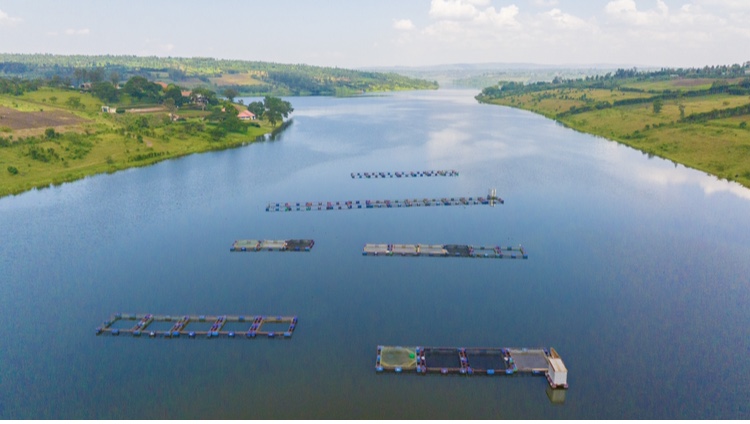
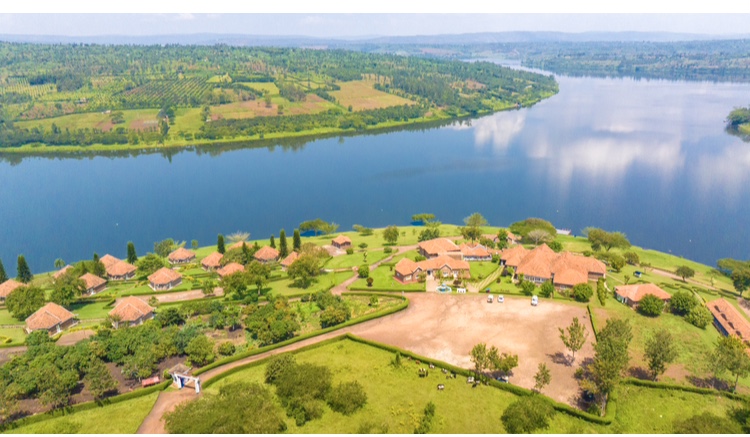
Related Articles
Strengthening Rwanda’s SMEs for Circular Food Systems: Embedding Circularity Beyond Project Implementation for Long-Term Transformation
As Rwanda advances its circular economy ambitions, small and medium-sized enterprises (SMEs)...
Powering Food, Restoring Land: How Renewable Energy and Regenerative Agriculture Are Transforming Rwanda’s Farms
Across Rwanda’s rolling hills, a quiet revolution is underway. It begins in...
Late February Weather Alert: Heavy and Above-Average Rainfall Forecast Across Rwanda
The Ministry in charge of Disaster Management (MINEMA) has issued a weather...
GBOX Launches AI Literacy Initiative to Support Rwanda’s Digital and Sustainable Development
A new Artificial Intelligence (AI) literacy program has been introduced last week...




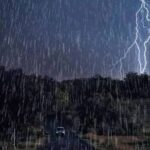
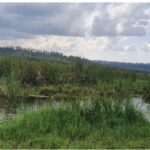



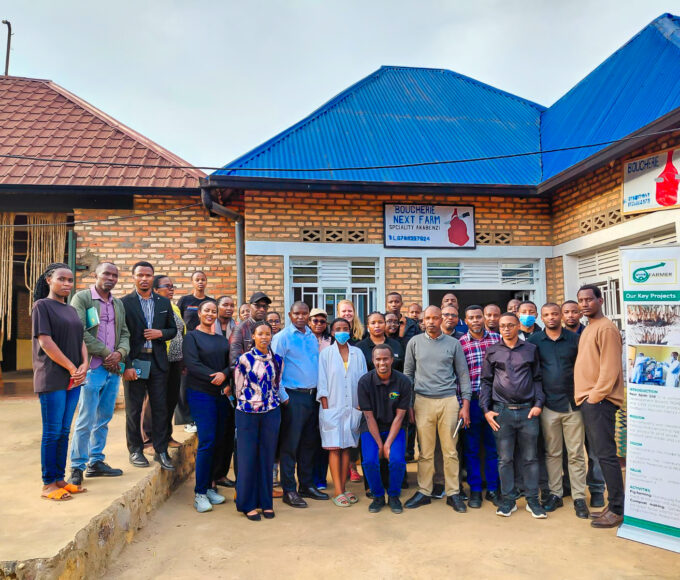

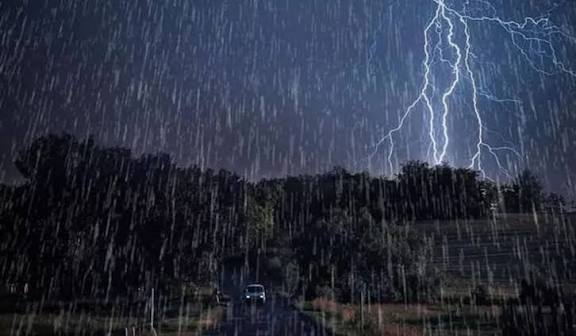
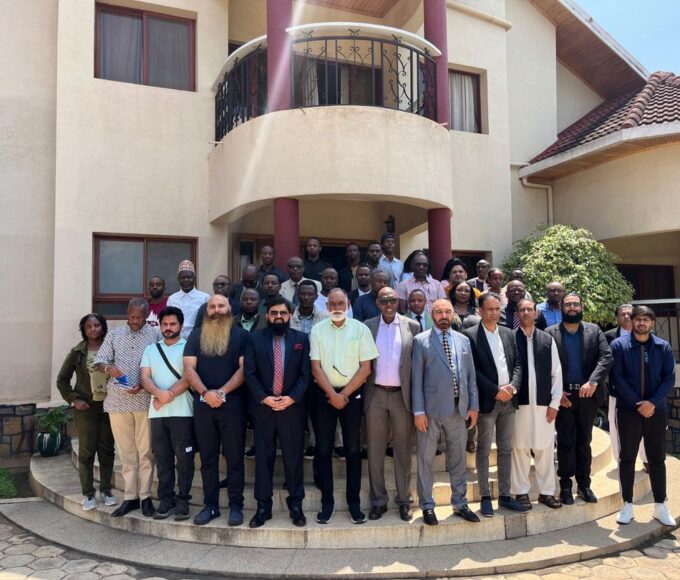
Leave a comment